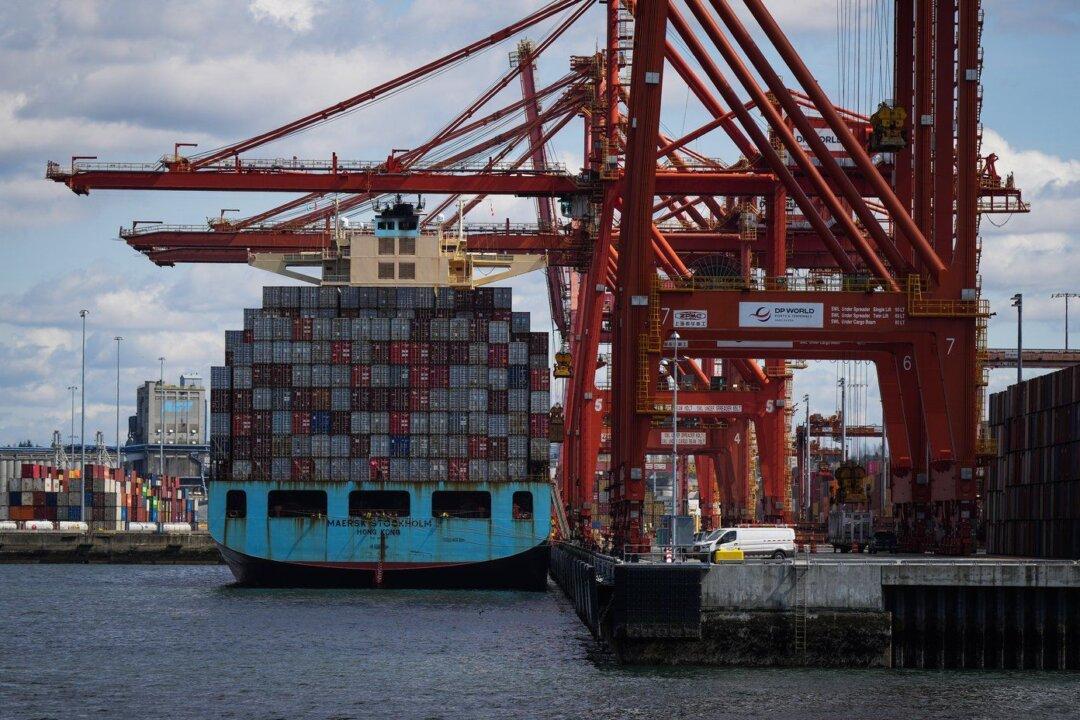Talks have stalled between the union representing thousands of B.C. port workers who began striking over the Canada Day long weekend and the group representing their employers, with both sides calling each other unreasonable in their negotiations.
The stall sends the strike into its fourth day after port workers initially walked off the job on July 1, causing business groups across Canada to raise alarm about the strike’s potential economic impact.





